As dogs age, their needs change, and it’s crucial to adapt care routines to keep them healthy and happy in their senior years. This transition can be challenging, but understanding how to effectively manage their health is key. This blog post delves into essential aspects of senior dog care, from regular vet visits to the importance of exercise and diet adjustments. Each section provides valuable insights to help owners maintain their aging dog’s health, ensuring they enjoy a comfortable and fulfilling life during their golden years.
Regular Vet Visits

Regular veterinary check-ups are pivotal for senior dogs. As dogs age, they are more susceptible to health issues like arthritis, vision loss, and organ dysfunction. Frequent vet visits can aid in early detection of these conditions, allowing for timely intervention. Veterinarians can also provide specific advice on diet, exercise, and medications, ensuring a tailored approach to each dog’s unique needs. It’s important to establish a routine of regular check-ups, as this continuity of care can significantly enhance a senior dog’s quality of life.
Veterinary visits for senior dogs often involve comprehensive examinations that differ from those for younger dogs. These visits may include blood tests, urine analysis, and physical exams that focus on detecting age-related issues. Preparation for these visits involves keeping a record of any changes in behavior, appetite, or mobility to discuss with the vet. It’s also beneficial to ask questions about age-related changes and how to best manage them at home, ensuring a collaborative approach to the dog’s healthcare.
Plenty Of Exercise
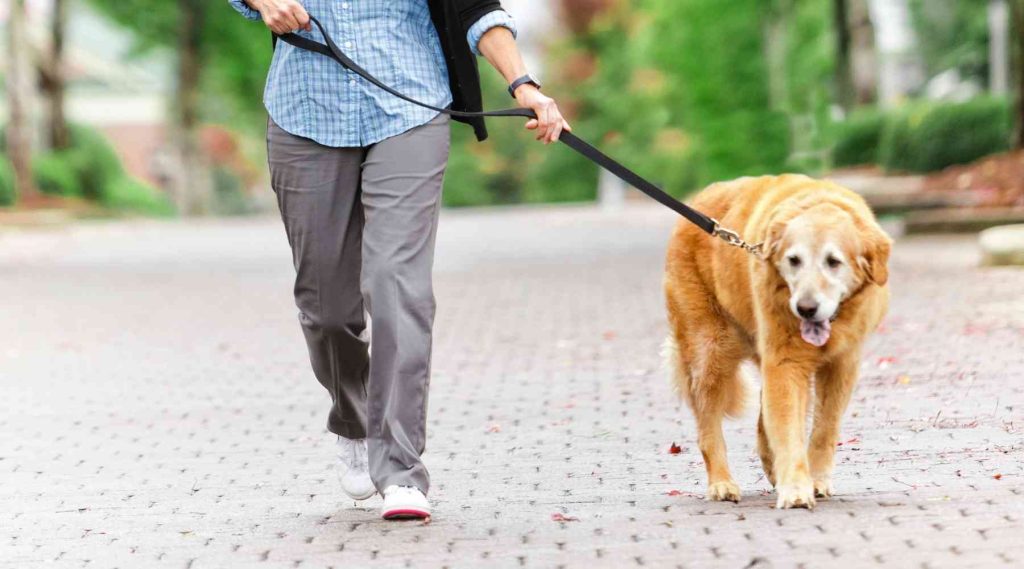
Exercise remains an essential part of a senior dog’s routine, but it requires adjustments to accommodate their changing bodies. While young dogs may enjoy rigorous activities, older dogs benefit from gentler, shorter exercises to maintain their health without overstressing their bodies. Low-impact activities like leisurely walks or gentle play can help keep their joints mobile and prevent excessive weight gain, which is crucial for avoiding additional strain on aging bodies. Observing the dog’s response to exercise and adjusting accordingly helps maintain an appropriate balance.
While physical exercise is important, it’s equally crucial to recognize a senior dog’s limits. As they age, dogs may experience reduced stamina and joint pain, necessitating a careful approach to physical activity. It’s important to pay attention to signs of fatigue or discomfort during exercise, as pushing a senior dog too hard can lead to injury or exacerbate existing health issues. Incorporating rest periods and opting for soft, even surfaces for walks can significantly enhance the exercise experience for older dogs.
Nutrition And Diet
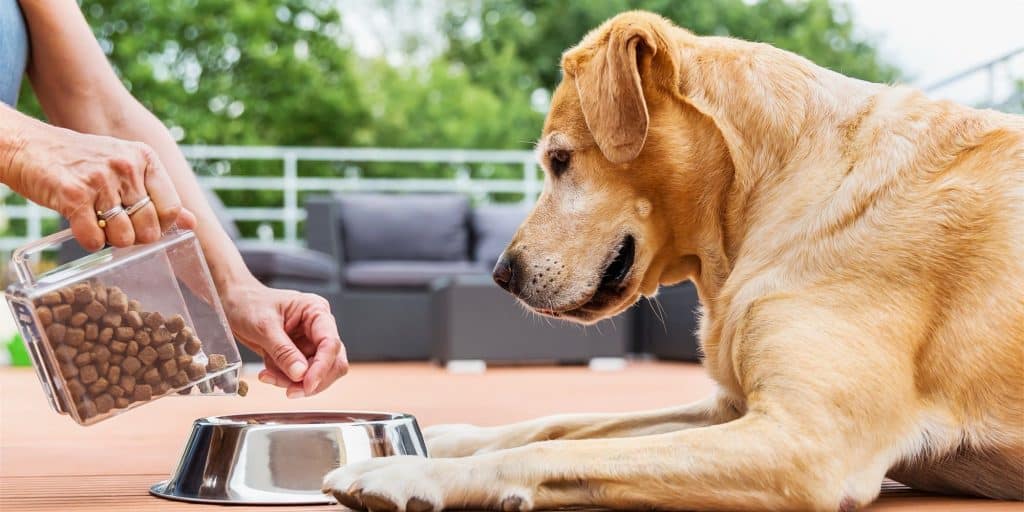
Adapting a senior dog’s diet is critical for their health as they age. Their metabolic rate slows down, necessitating fewer calories to avoid unhealthy weight gain. The ideal diet for a senior dog often includes high-quality protein to maintain muscle mass, lower levels of fat, and essential vitamins and minerals to support aging organs. Supplements like glucosamine can also be beneficial for joint health. It’s essential to consult with a veterinarian to tailor a diet plan that addresses the specific health requirements of the dog.
However, it’s not just about what senior dogs eat, but also how they eat. Some older dogs may experience dental issues or a decreased sense of smell, which can affect their appetite and eating habits. Providing soft, easy-to-chew food can make mealtimes more comfortable. Monitoring their eating patterns for any changes is also important, as it can be an early indicator of health issues. Ensuring they have access to fresh water at all times is equally important for maintaining hydration.
Mental Health And Stimulation
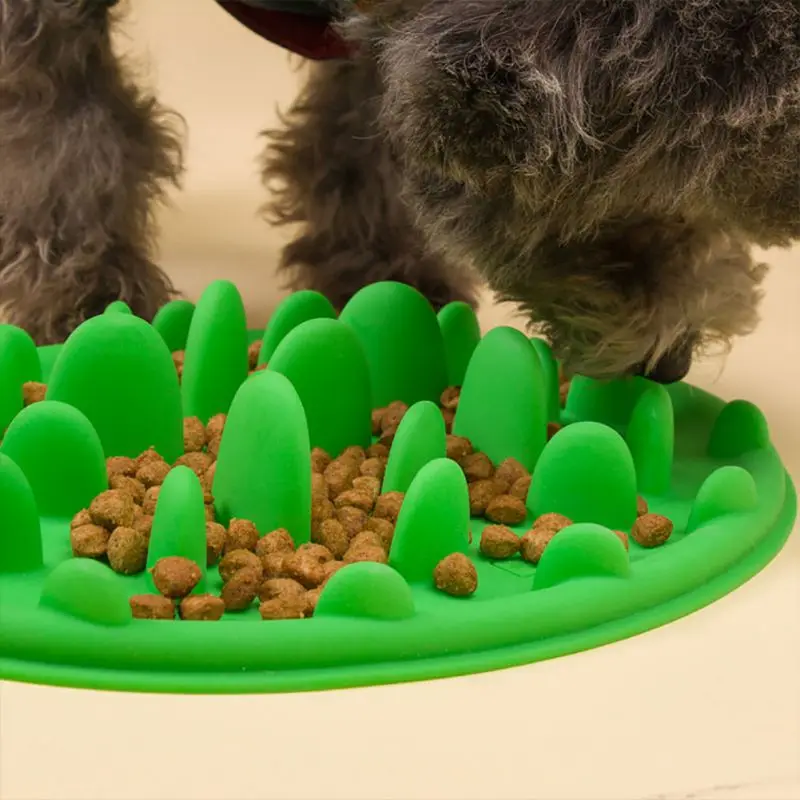
Mental health is as important as physical health in senior dogs. Cognitive decline can occur, manifesting as disorientation, changes in sleep patterns, or decreased interaction. To combat this, mental stimulation through interactive toys, puzzle feeders, and short training sessions can help keep their minds active. Maintaining a routine also provides a sense of security and can help alleviate anxiety in older dogs.
Recognizing signs of cognitive decline early is crucial for managing its progression. Symptoms like increased anxiety, confusion, or reduced responsiveness to commands should prompt a consultation with a veterinarian. There are treatments and strategies to manage cognitive decline, and early intervention can make a significant difference in a dog’s quality of life.
Dental Care
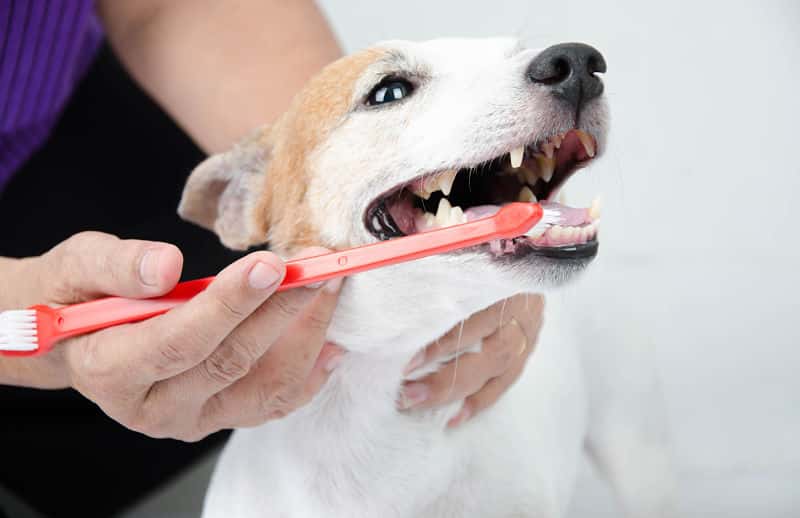
Dental health is a frequently overlooked aspect of senior dog care. Poor dental hygiene can lead to gum disease, tooth loss, and can even affect the dog’s overall health. Regular dental check-ups and cleanings are essential, along with daily brushing at home. Using specially designed dog toothbrushes and toothpaste can make this process easier and more effective.
In addition to brushing, dental chews and toys designed to promote oral health can be beneficial. These products help reduce plaque and tartar build-up. However, it’s important to choose products that are appropriate for a senior dog’s age and health condition, as some may be too hard and could cause damage to their teeth or gums.
Comfortable Living Environment

Creating a comfortable living environment is key for aging dogs. As they become less mobile, simple modifications in the home can greatly enhance their comfort. This includes providing orthopedic beds to support their joints, ramps to access higher areas, and non-slip mats to prevent falls. Keeping their living space warm and free of drafts also helps, as older dogs are more sensitive to cold temperatures.
Changes in a senior dog’s environment should also take into account their declining senses. Increased lighting can help dogs with diminishing eyesight, and keeping essential items like food, water, and beds in consistent locations can aid those with memory issues. Small changes can make a significant difference in a senior dog’s ability to navigate and enjoy their environment comfortably.
End-of-Life Care And Considerations
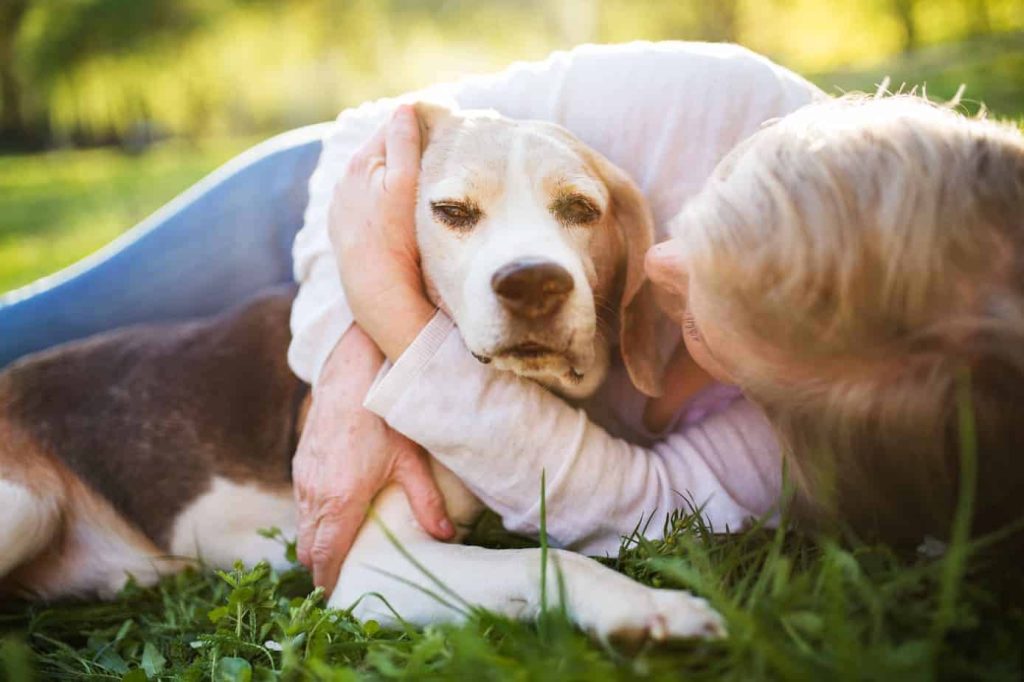
Discussing end-of-life care is a sensitive but necessary part of caring for a senior dog. Understanding and recognizing the signs of a dog nearing the end of their life helps in making compassionate choices about their care. This includes managing pain, ensuring their comfort, and deciding when medical intervention is no longer in their best interest. Support from veterinarians and pet hospice services can provide guidance during this difficult time.
Emotional support for the family is also crucial. Making decisions about a beloved pet’s end-of-life care can be heart-wrenching. Seeking support from friends, family, or pet loss support groups can provide comfort and help in coping with grief. Remember, the goal is to ensure the dog’s remaining time is as comfortable and loving as possible.
The Bottom Line
Caring for a senior dog involves a multifaceted approach that encompasses regular veterinary care, appropriate exercise, tailored nutrition, mental stimulation, dental health, and a comfortable living environment. As dogs age, their needs change, and being attentive to these changes can significantly improve their quality of life. This journey requires patience, understanding, and compassion, but it is also filled with moments of joy and the deepening of a special bond. Ultimately, ensuring the golden years of a canine companion are as fulfilling and comfortable as possible is a loving and rewarding experience.